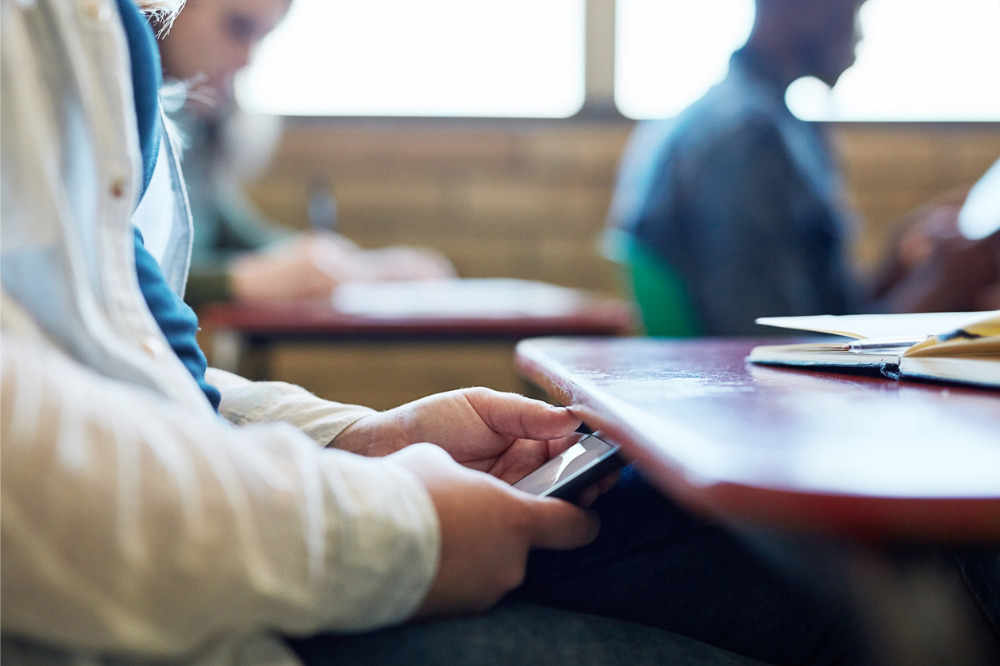
Leading plagiarism detection service Turnitin has announced it will activate new AI writing detection tools to help teachers quickly and accurately identify whether students are using AI writing tools like ChatGPT for their schoolwork.
The tools, now available to more than 10,700 educational institutions and 2.1 million teachers, are available within Turnitin’s existing products and solutions, including: Turnitin Feedback Studio (TFS), TFS with Originality, Turnitin Originality, Turnitin Similarity, Simcheck, Originality Check and Originality Check+.
The technology, which identifies the use of AI writing tools with 98% confidence, provides an evaluative measure of how many sentences in a written submission may have been generated by artificial intelligence, which educators can use to determine if further review, inquiry or discussion with the student is needed.
“Discourse around how AI might reshape education – good and bad – has ramped up in the last two years, and the launch and accessibility of ChatGPT amplified that significantly,” James Thorley, Regional Vice President, Asia Pacific at Turnitin, said.
“We have worked on detecting AI writing since 2020, and can now offer a way to pinpoint the use of ChatGPT and other tools with 98 per cent confidence. We are also conducting tests on GPT-4.”
Chris Caren, CEO at Turnitin, said educators have told the company that “being able to accurately detect AI written text is their first priority right now.”
“They need to be able to detect AI with very high certainty to assess the authenticity of a student's work and determine how to best engage with them.”
‘Leaders should rely on professional wisdom’
Pasi Sahlberg is the Professor of Education at the Southern Cross University’s Faculty of Education. He says that while some school systems have already blocked students’ access to ChatGPT at school, many teachers and principals celebrate its potential to transform teaching and learning in school to something better.
"What we have seen so far is an infant version of machine learning and AI. We can only guess what its next generation version and competitors trying to knock it out will be able to do," Professor Sahlberg told The Educator.
"Since we can’t rely on research yet to decide what to do, education leaders should more than before rely on professional wisdom in schools when looking for smart responses to what to do with ChatGPT."
Professor Sahlberg said leaders can then develop a strategic plan for integrating ChatGPT and other AI into teaching and learning practices including clear goals and objectives for implementation.
"Leaders could provide immediately professional learning opportunities, rather than simple restrictions, to schools to learn about AI and how to use it to improve student learning and wellbeing.”


